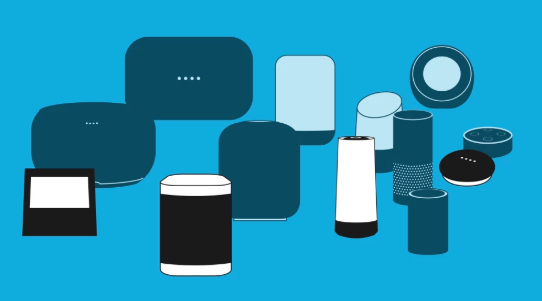Beijing – When people think of artificial intelligence in China, they generally think of Baidu. For many years, it was considered one of the leading AI firms in the world. So when companies like Amazon and Google started putting AI to good, lucrative use in the form of smart speakers, the natural conclusion was that digital assistants and smart speakers are the future.
The road to putting out its own smart speaker proved a rough one for Baidu, though. It acquired Raven Tech last year for $90 million and the company was meant to be a “lynchpin of Baidu’s artificial intelligence strategy,” according to a bleak report from The Information on the company’s failed smart speaker efforts.
Instead, what ensued was infighting between the team at Raven, which wanted a pricey and high-end speaker, and Baidu management, which wanted a more affordable, mass-market device. The result is that the Raven team was largely sidelined, although their speaker was eventually released with fewer than 10,000 units made. Baidu eventually got its cheap smart speaker in the form of the Xiaodu, which debuted this month for just 89 yuan ($14), discounted from the full retail price of 249 yuan.
This is Baidu’s third go-around with smart speakers, and perhaps the third time will be the charm, but it might also be getting to the party too late. Competitors Alibaba, JD.com and Xiaomi all have their own smart speakers. They also all share something Baidu doesn’t: They’re all involved in retail.
Baidu might not be completely out of the running. China’s smart speaker market still has a lot of growth. China is now the second largest market for smart speakers after the U.S., but it is a very distant second. Canalys estimates global smart speaker shipments will grow to 56.3 million units this year. The U.S. will account for 38.4 million units while China will account for 4.4 million.
The product category continues to grow in China, and it’s one in which companies see a lot of potential. Chinese consumers are already familiar with AI devices. One PwC survey shows China as having the largest penetration of AI devices at 21 percent. This includes a wide assortment of devices of all levels of quality, such as the myriad types of robots rolling out of Shenzhen these days.
For the likes of Alibaba and JD (which has a partnership with WeChat owner Tencent), success in smart speakers is a lot more meaningful as it aids their e-commerce strategies. This is why the Amazon Echo was such an important device for the U.S. e-commerce giant and is what gave rise to the new smart speaker battle.
Unique aspects of the U.S. market allowed Google to compete in this space thanks to the unrivaled knowledge of the Google Assistant. Baidu might not be so lucky in China. For that market, the new retail potential of conversational commerce is the real trick to making smart speakers as big in China as in the U.S. (Source: Alibaba)

